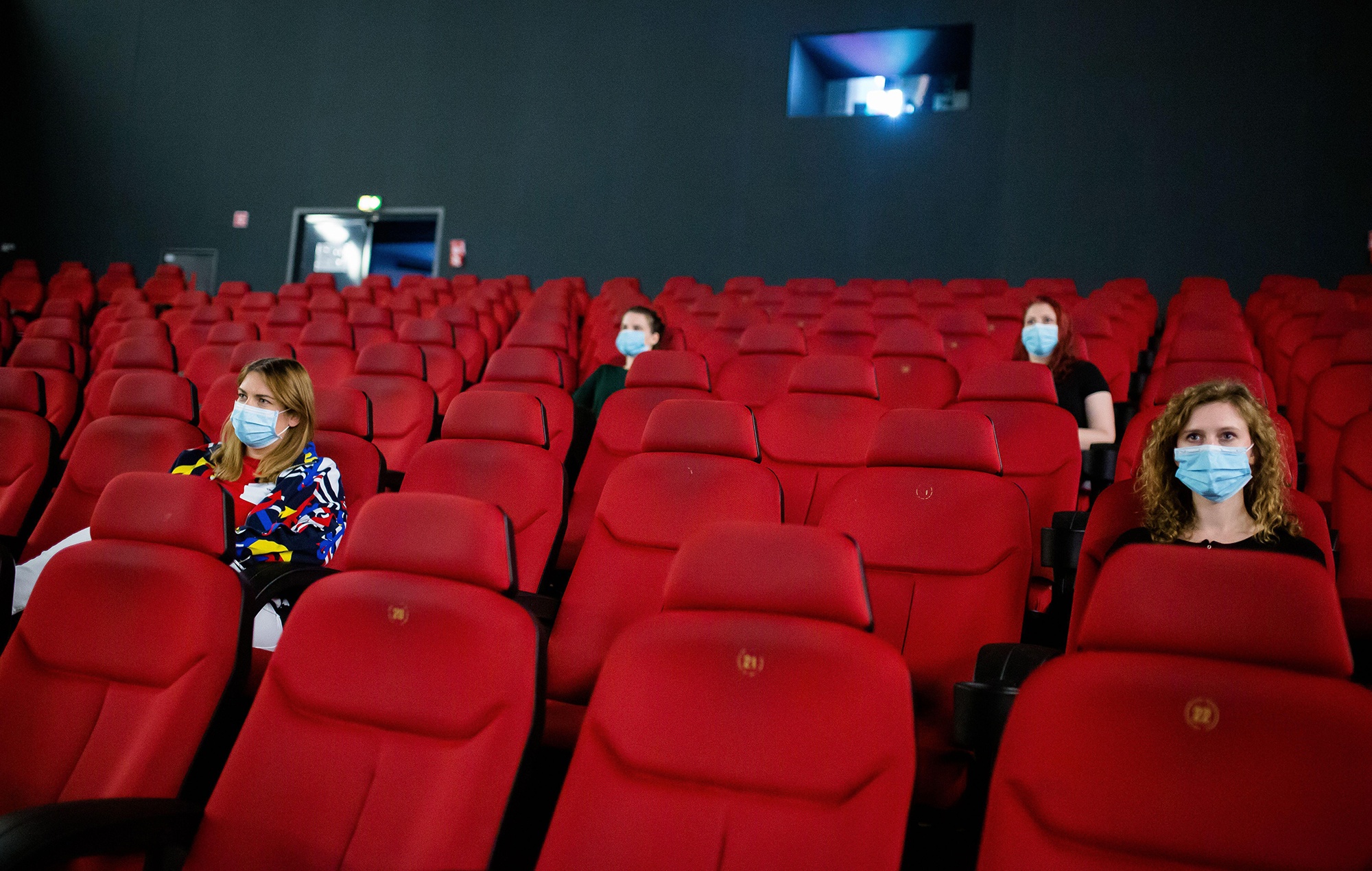It has been a little over four months since the Coronavirus pandemic forced cinemas to close their doors. Since then, we have been forced to consume new film releases from home, which in 2020 means straight from streaming platforms.
It seems like an age since the enormously popular “Parasite” was initially released in UK cinemas when in fact, this was only on the 7th February 2020. Skip ahead and a lot seems to have changed. Cinemas now appear to be in significant trouble, with the possible closure of Cineworld announced this week.
However, even before COVID, it was unusual for cinemas to see many sold-out screenings. The recent rise of streaming platforms and their original productions had the future of the cinema industry in question. “Parasite” was an exception rather than a rule.
The lockdown premieres began with “Misbehaviour”, starring Keira Knightley and Jessie Buckley, which had only 4 days of showings before cinemas were forced to close. Since then others intended for release into theatres, such as “Vivarium”, “Artemis Fowl”, “Scoob”, “The Invisible Man”, and many others, have instead been taken straight to streaming platforms. These films are now available,primarily, on Netflix, Amazon Prime, or Disney+, which have also seen original films, such as the controversial “365 Days”, released in this time.
The straight-to-TV movie is nothing new, but before streaming platforms, namely Netflix, these were rarely considered to be worth the watch. In recent years this expectation has changed. We have consumed Netflix original films since they first began releasing them in 2015, straight from the streaming platform. It was only in 2018 when they began to give their films a short run in very selected theatres to build hype and become eligible for Academy Awards. But seeing a Netflix original on the big screen was hardly the norm before lockdown began.
Amazon Originals, on the other hand, have generally had three months in theatres before being released onto the platform, with the main exception being the 2019 release, “The Aeronauts”, which had only a two-week window but a spectacular recreation of the 1862 fair which attracted thousands.
In this light, the Coronavirus pandemic seems to have propelled us further down a road we were already travelling on. However, as streaming platforms continue to improve and increase their original releases, the question does not necessarily need to be whether cinemas will become obsolete but what they will look like in the future. There is still hope.
The popularity of experiences like “The Aeronauts” fair, the viral marketing campaign for “The Irishman” on the streets of New York, and Secret Cinema events has shown that we still yearn to interact with stories and characters in a way that darkened sitting rooms or laptop screens in bed cannot give us.
In fact, what the pandemic may have provided cinemas with is an opportunity to reflect on and adapt to our new way of consuming content. The continued popularity of certain cinema experiences shows there is still demand for something beyond Netflix and Prime.
The luxury of Everyman cinemas or the vintage aesthetic of Cottage Road in Headingley is difficult to replicate at home. While, alternative, artistic and sometimes challenging films may not feature on a home page or even in a ‘recommended for you’ section, they are available and advertised at Hyde Park Picture House or popularised by festivals such as Sundance.
I can only speak for myself, but a socially distanced cinema experience sounds like a dream. Far away from the chatty teens in the back, the man obnoxiously snoring in Row B, and whoever thought bringing crisps to the cinema was a good idea. So, as I say, cinemas may have an opportunity to create a new and more attractive experience for film lovers.
With lockdown restrictions slowly lifting, cinemas will soon begin to reopen. But with many of us still shielding or nervous to leave home, it does not seem likely that we will be rushing back in large numbers any time soon.
Image Credit: NME.com

